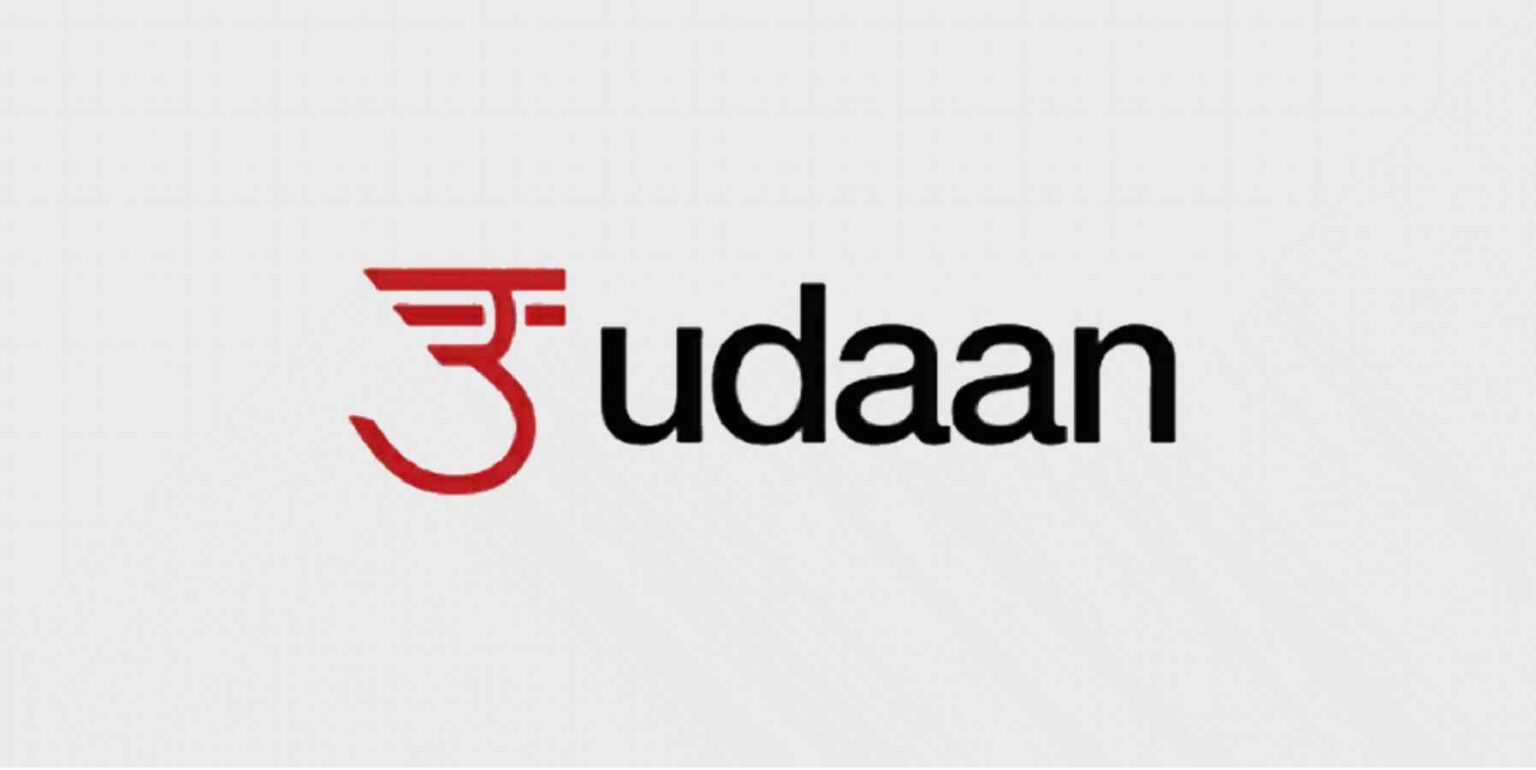Business-to-business e-commerce firm raises capital from existing investors, was valued at $3.1 billion in January 2021
Bengaluru, NFAPost: Udaan has raised $120 million in convertible notes and debt from shareholders and bondholders said India’s largest business-to-business e-commerce firm amid a funding winter for start-ups.
Financing for Udaan, which plans an IPO in the next 12-18 months, has crossed $350 million in the last four quarters, making it one of the largest structured instrument fundraises in the country, according to an internal company letter.
Bengaluru-based Udaan’s existing investors include Microsoft, Lightspeed Venture Partners, M&G Prudential, Kaiser Permanente, Nomura, TOR, Arena Investors, Samena Capital and Ishana Capital.
“Despite the funding-related challenges being experienced by the larger start-up ecosystem, this fundraise reflects the confidence of investors in our business model,” said Aditya Pande, the chief financial officer of Udaan, in an internal note to employees and which has been reviewed by Business Standard.
“This is their (investors’) endorsement of the journey to unit economics, driven by great progress in the evolution of our business model and cost efficiency, that we initiated last year,” Pande said.
Udaan was valued at $3.1 billion in its last funding round of $280 million in January 2021 from existing and new investors.
According to industry sources, valuation set by the latest funding round will be done later, either at the time of the IPO or during the pre-IPO rounds of funding. A convertible note is an instrument typically used by companies at the pre-IPO stage, and the instrument converts into equity at the IPO. Large-scale tech companies that have successfully used convertible notes include Airbnb, Uber, Spotify, and Robinhood.
Last year in September, Udaan appointed co-founder Vaibhav Gupta as chief executive officer. This is part of the plan for the next phase of growth for the company. The other two co-founders, Amod Malviya and Sujeet Kumar were appointed as board members.
Positive unit economics covers all the direct variable costs associated with servicing an order, according to the experts. Over the last year, Udaan said it had improved its unit economics by a total of over 1000bps (basis points) with equally great improvements in gross margins and operating cost.
“The journey of right business design and unit economics has translated into a 60 per cent reduction in (cash) burn,” said Pande, in the internal note.
The firm had said that the gross margin percentage has gone up almost three-fold year-on-year (y-o-y). It said the company’s revenue is now at about Rs 10,000 crore for FY22, a 1.6X increase compared to FY21.
“These steps have not only helped us achieve positive unit economics last quarter, but also improved efficiency in the system, with huge cost benefits,” said Pande. “This is key to building a sustainable business, and being public market-ready in 12-18 months.”
Business-to-business e-commerce players, including Udaan, are expected to disrupt the $1 trillion consumer retail market in India, according to Bernstein, the US-based research powerhouse. The funding would help the startup to compete with e-commerce giants such as Amazon, Flipkart, and Reliance’s JioMart which are also betting big to tap B2B e-commerce, especially in Bharat (tier 2 and tier 3 cities and rural India).
Udaan now has a network of over 3 million registered users and about 30,000 sellers across over 11,00 cities in the country. The platform has over 3 million retailers, chemists, Kirana shops, HoReCa and farmers doing over 5 million transactions per month.
At a time when India is currently experiencing a funding winter, start-ups are looking at different avenues such as venture debt to stay afloat, according to experts. The funding winter is expected to continue for the next 12-18 months and the country has witnessed a series of layoffs and start-up and unicorn valuations are under stress.
In 2021, the global venture debt funding hit an all-time high of $58 billion — a five-fold jump in the past eight years, according to the data platform, Pitchbook.
Experts said startups found debt financing as a way to avoid more dilutive equity investment due to falling public market valuations, frozen IPO market and investor pullback from later-stage and pre-IPO startups.
Global private equity firms are also pushing themselves into the venture debt market. Blackstone has reportedly earmarked at least $2 billion for technology debt deals.





